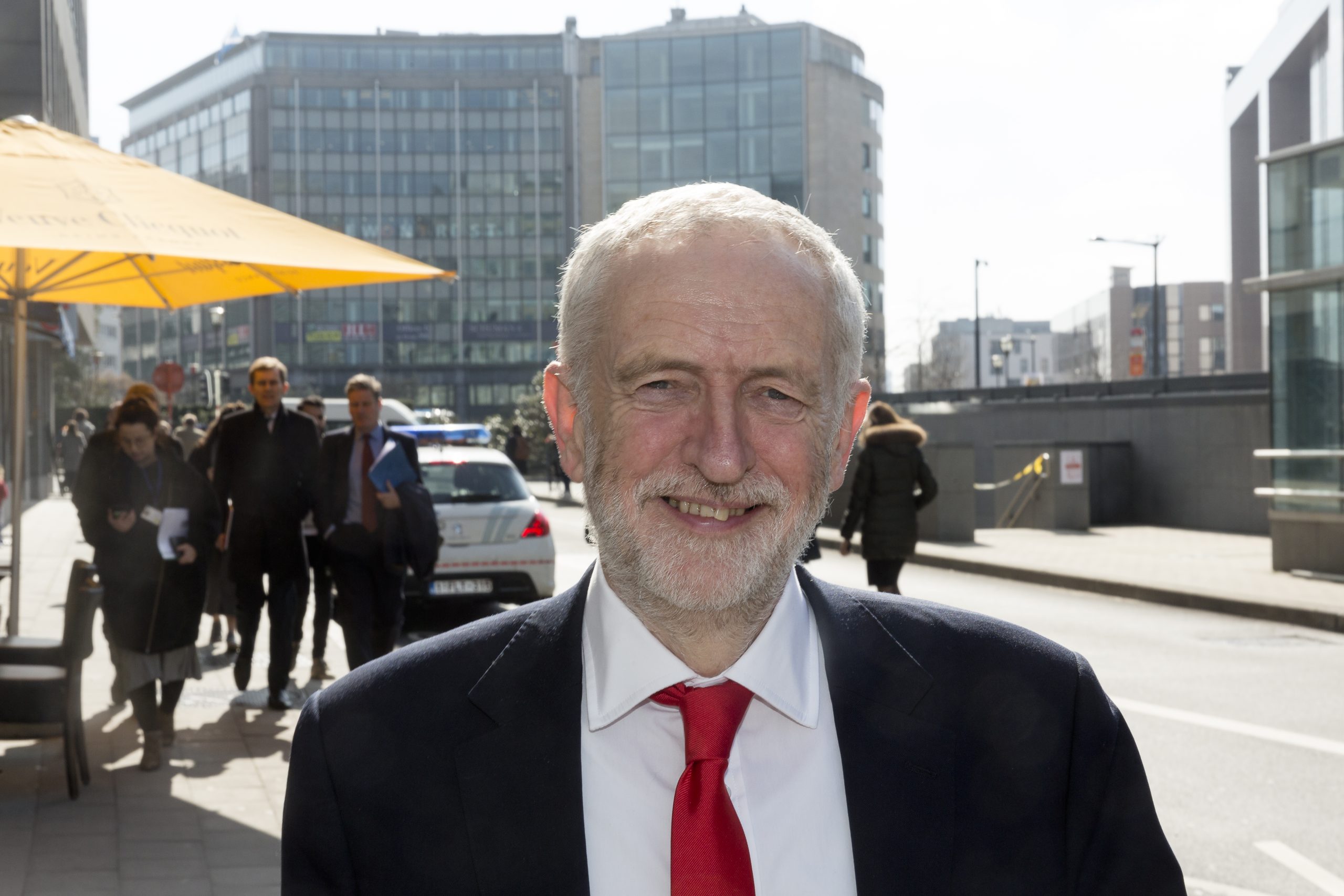
The European Union has agreed to extend the United Kingdom’s stay in the European Union until at least 12 April.
Should the withdrawal agreement be passed before 29 March, the UK’s membership of the EU will be extended until 22 May, to give parliament time to pass the necessary legislation to give effect to the UK’s exit from the EU.
Of course, the chances of that happening are somewhere between “slim” and “none”. Theresa May’s thoughtless speech on Wednesday has hurt her hopes of passing the deal for two reasons: it further increased the political incentive for Labour MPs to oppose her, and in appearing to put no deal back on the table, emboldened pro-Brexit Conservatives to maintain their opposition to the withdrawal agreement as well.
So what will then happen is that the UK will have until 12 April to reach an alternative arrangement. That date is a hard, non-fungible deadline because that is the point when the British government would have to notify the European Commission that it intends to contest elections to the European Parliament, without which it cannot remain in the EU long-term.
But there is no more chance of parliament voting to hold European elections than there is of parliament voting for May’s deal. MPs who are, for whatever reason, opposed to a second referendum know that voting against European elections kills the hope of staying in the EU deader than dead. The official People’s Vote campaign has never shown any inclination or ability to create up a parliamentary majority for anything and has just 20 days to a) discover that skill and b) execute it successfully. It’s theoretically possible but not particularly likely.
On the floor of the House next week, MPs will again have an opportunity to take control of the order paper. It is highly likely they will take it.
But once they have it, will they be able to cohere around something else to put in its place? The expectation among many MPs is that next week will be the week when Jeremy Corbyn’s frequent trips to the Commission and his meetings with cross-party group of MPs looking for an Efta-type arrangement for the UK will bear fruit: in the form of some kind of pre-negotiated set of changes to the political declaration that have essentially already been signed off at the EU end.
The trouble is, is that while there might be a majority for that, it will be very tight indeed. But the crucial difference is that the UK may soon have exchanged a technical cliff-edge for a real and inescapable one.





